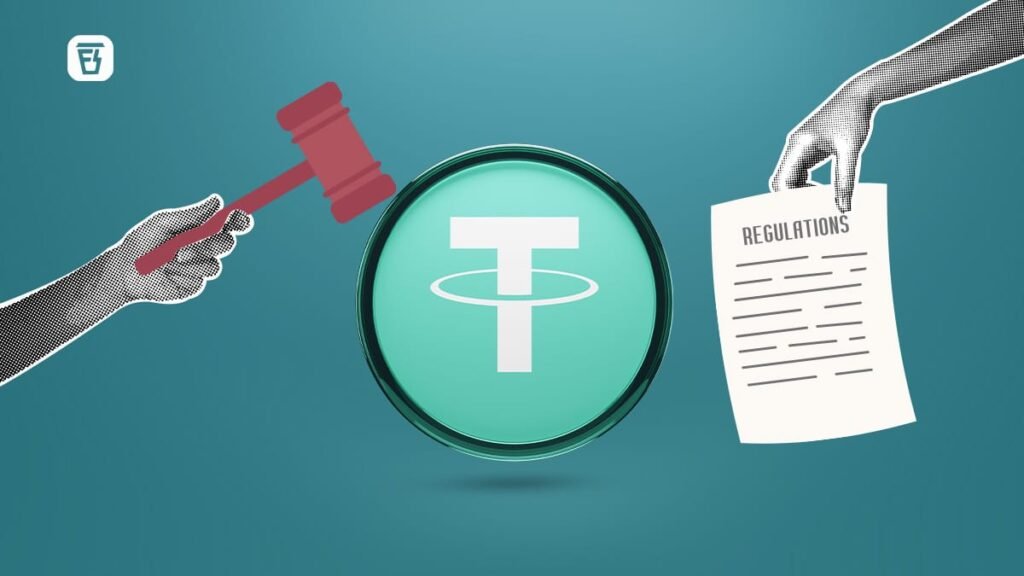Tether, the issuer of the USDT stablecoin, has denied rumors that it will leave Uruguay due to a $4.8 million debt dispute with a public entity in the country. Indeed, according to local media outlet Telemundo, Tether has abandoned its cryptocurrency mining operations after the National Administration of Power Plants and Electrical Transmissions (UTE) cut off the power supply to its facilities for non-payment of a $2 million bill for May.
Tether remains in Uruguay despite tensions.
Tether, however, refuted the reports, saying that it continues to assess the best path forward in Uruguay and the region. The company acknowledged the debt problem, but clarified that the local company that manages the mining facilities is in discussions with the government to resolve existing frictions:
“We continue to evaluate the best way forward in Uruguay and the region at large. Although rumours have suggested an exit from the region, they do not accurately reflect the situation. (…) In this regard, we have engaged in ongoing discussions with the government to resolve outstanding frictions and Tether continues to support these efforts as well as a constructive path that reflects our long-term commitment to sustainable opportunities in the region. »
Tether spokesperson on Uruguay’s so-called departure – Source: Cointelegraph
Tether had announced in November 2023 its plans to start mining cryptocurrencies in Uruguay, with a potential investment of $500 million. However, the high costs of electricity in the country have made this business less profitable. Indeed, the price of electricity in Uruguay ranges between $60 and $180 per megawatt hour (MWh), compared to around $22 in Paraguay, where Tether also has mining facilities.
The price of energy is inevitably in question.
In 2018, South American Bitcoin mining company Vici Mining had already left Uruguay for Paraguay in order to take advantage of lower energy costs. “If you look at the average price of electricity overall, Uruguay is way above,” said Nicolás Ribeiro, an engineer at Vici. “While it’s always a challenge to move to a new country, when you realize that 80% of your operating costs are related to electricity, it’s a very significant factor in deciding where to set up shop.”
The dispute between Tether and UTE could therefore be related to electricity tariffs. According to Telemundo, Tether was negotiating with the UTE to get discounted rates for a new installation. The outcome of these negotiations could determine Tether’s future in Uruguay.
Meanwhile, in Latin America, crypto adoption continues to grow, with international transfers in primary use. But recently, three automakers — Toyota, Yamaha, and BYD — announced that they would accept USDT as payment in Bolivia. Stablecoins are increasingly interfering in everyday life in the sub-region, and Tether knows this well.
